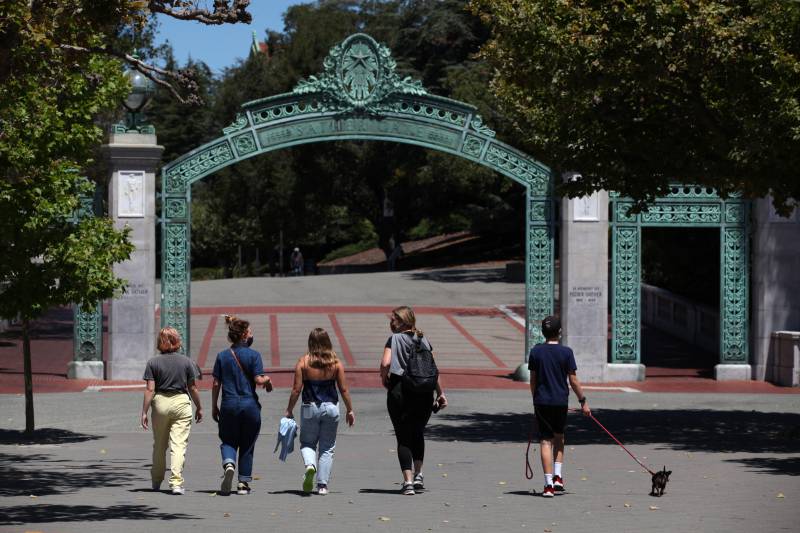Democratic lawmakers have agreed to legislation that could let UC Berkeley accept thousands more students this fall, even after a recent ruling forced the school to cap enrollment in a dispute with residents over growth.
Senate Bill 118 and Assembly Bill 168, which are identical, were introduced a week after California's high court upheld an earlier ruling that significantly limited freshman enrollment at one of the nation's most prestigious universities — a move that stunned many state lawmakers, who said it wasn't fair to students who had worked hard to get into the school.
The proposal, introduced by Assemblymember Phil Ting, a San Francisco Democrat, would give public universities seeking to increase enrollment more time and flexibility to comply with the California Environmental Quality Act (CEQA) before judges can resort to imposing enrollment caps.
It also highlighted how California residents have used a landmark state environmental law to halt the construction of badly needed housing and, in this case, dictate university admissions policies.
The proposal would be retroactive and, if approved, make all judgments affecting enrollment unenforceable — allowing UC Berkeley to issue admission letters to thousands of incoming freshman students it had originally planned to take in for the fall 2022 semester, who would otherwise be unable to attend in person.
